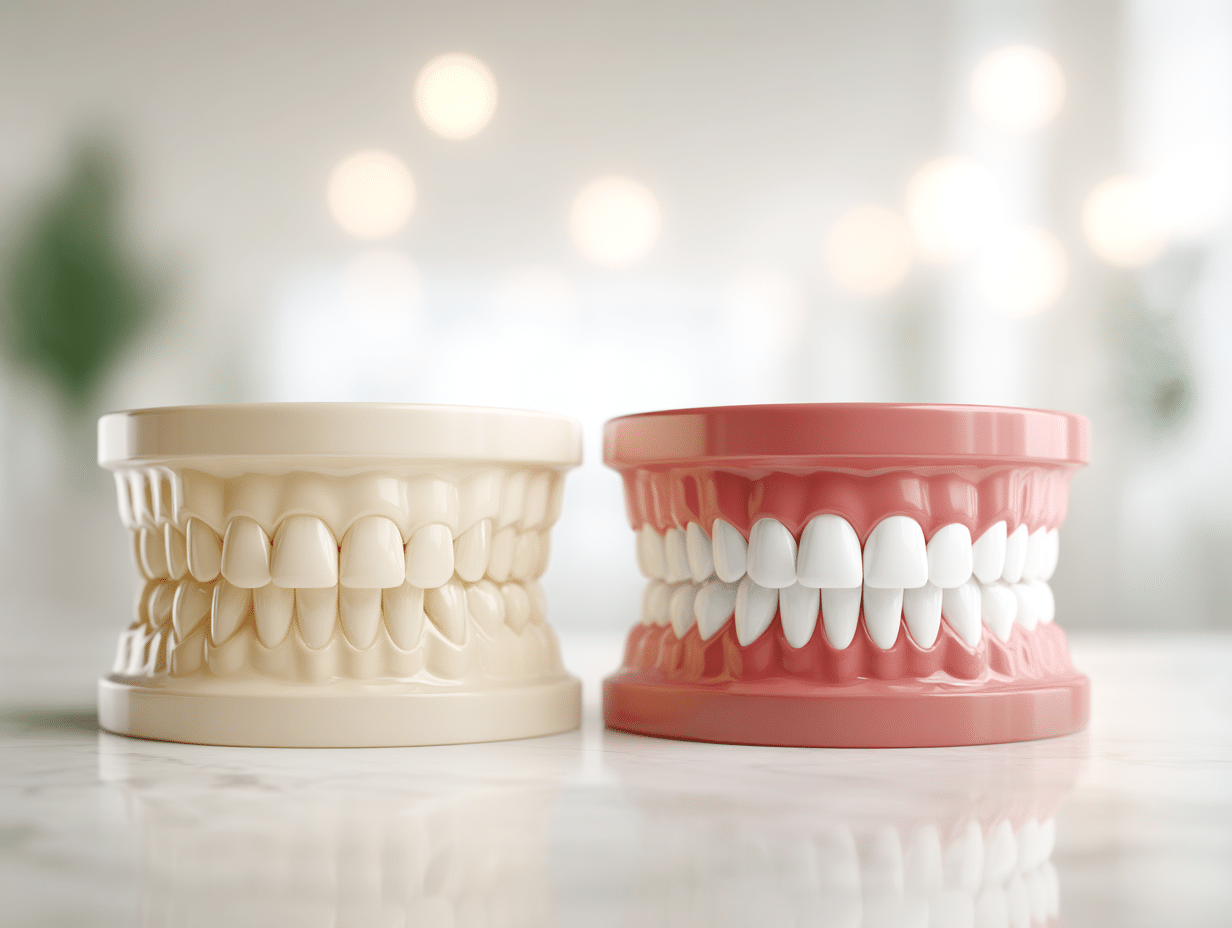Did you know that visiting your dentist can be the key to determining if you have diabetes? What’s more, your oral healthcare provider can even detect signs of prediabetes. Your dentist can do so by giving your mouth a thorough and careful examination.
Routine dental visits may even help protect you from pneumonia. By contrast, people who don’t visit a dentist at all have shown an 86% higher risk of contracting the disease.
All these highlights the link between oral hygiene, oral health, and overall health. After all, without proper dental hygiene, the teeth and gums will suffer. Tooth decay and gum disease, in turn, can increase your risks for other health problems.
How exactly does having excellent oral hygiene impact your overall health, though? And how can a general and family dentist in Mississauga help you achieve this goal?
We’ll answer all these questions below, so be sure to read on.
What Is Oral Hygiene?
Oral hygiene is the practice of keeping the entire mouth, from the teeth to the gums, clean and healthy. Its main goal is to help prevent diseases that affect the mouth, such as tooth decay and gum disease.
With excellent dental hygiene habits, you can achieve better oral health. Optimal oral health, in turn, can help boost your overall health, quality of life, and well-being.
The Key Components of Excellent Oral Hygiene
Having excellent oral hygiene means having a mouth that looks and smells good. This results from ensuring that the teeth are free of food debris, plaque, and tartar. The gums should also be a healthy pink, and they shouldn’t bleed or hurt when you eat, brush, or floss.
Poor Oral Hygiene Results In Poor Oral Health
By contrast, having poor oral hygiene can result in many problems, the most common of which is tooth decay. Poor mouth hygiene is also the leading cause of periodontal or gum disease. These two, unfortunately, are the main culprits behind tooth loss.
Note that in Canada, an estimated 6.4% of individuals have lost all their permanent teeth. Moreover, 5.5% of Canadians have untreated tooth decay.
Many studies have also linked poor dental hygiene and oral health to lower life quality. Dental diseases, after all, can cause pain that extends outside of the mouth. For instance, severe toothaches can have symptoms that mimic those of migraines.
Your Oral Health Can Reveal a Lot About Your Overall Health
The oral cavity is where we can find the second-largest microbial community in the body. It’s home to at least 700 species of bacteria, many of which are the culprits behind plaque formations.
However, some types of bacteria can also indicate the existence of systemic diseases. These are health problems that affect the entire body and not just the mouth.
As such, dentists and doctors can tell if you are sick by examining the health of your mouth.
Here are some examples of systemic diseases linked to oral health.
Diabetes
Blood glucose, which comes from the food that we eat, is our body’s main source of energy. However, too much of it can result in diabetes.
Scientists have long since found proof that diabetes raises one’s risk of gum disease. However, recent studies revealed that gum disease might contribute to diabetes development.
It appears that gum disease may raise blood sugar levels even in people without diabetes. One way that it may do so is by releasing harmful germs from the infected gums into the bloodstream.
Cardiovascular Diseases
Cardiovascular diseases (CVD) are health problems that affect the heart or blood vessels. In Canada, one of the most common types of CVD is hypertension, also known as high blood pressure. Chronic hypertension can result in heart attacks, strokes, aneurysms, and heart failure.
Most cases of CVD have to do with lifestyle choices, such as smoking, a lack of exercise, and eating too much salt. The same goes for excessive alcohol consumption and being overweight or obese.
Recent studies, however, link gum disease to a heightened risk of hypertension. According to researchers, this increase can be anywhere from 22% to 49%.
Inflammatory Conditions
Chronic gum disease may also make the immune system “hyperactive.” If this happens, it can react to situations that don’t even warrant allergic reactions. There’s also a chance that the body may develop autoimmune disorders because of this.
Best Practices for Optimal Dental Hygiene
The above conditions are only a few of the systemic diseases that poor oral hygiene may have an effect on. However, they should be enough to prompt you to take better care of your teeth and gums. Besides, optimal dental hygiene is key to keeping cavities and gum diseases at bay.
Fortunately, there are many ways to achieve excellent dental hygiene, including the following.
Floss Before You Brush
According to scientists, you can reduce more plaque if you floss before you brush. One way it does so is by getting rid of more plaque and food debris that have settled between the teeth. In this way, the dental floss can “free” up the decay-causing agents for the toothbrush to “sweep” away.
Extend Brushing Time to 120 Seconds
A study found that the average length of time spent on brushing the teeth is 45 seconds. However, this is not enough to remove plaque effectively. By extending it to 120 seconds, you can get rid of at least 26% more of this substance that causes tooth decay.
Schedule Regular Visits to Your Oral Health Care Provider
As critical as personal dental hygiene is, at-home practices won’t 100% get rid of plaque on the teeth. Over time, unremoved plaque will harden and become a crusty layer called “tartar.” Dentists also refer to this as “dental calculus.”
Tartar not only causes teeth discoloration; it can also infect the gums. Moreover, it raises your risk for tooth decay, as it gives plaque and food debris more hiding places. This then makes it harder to remove as much plaque as you can.
When plaque hardens into tartar, though, only a dentist can remove it using special tools. This is one of the top reasons that regular dental check-ups are essential to oral hygiene.
Healthy Teeth and Gums for a Happier and Healthier You
As you can see, oral hygiene plays so many roles in not only your oral health but your overall well-being. By maintaining the health of your teeth and gums, you can keep painful oral conditions at bay. More than that, it may help you reduce your risks for chronic health problems, such as diabetes.
Ready to achieve better dental hygiene to improve your oral and overall health? Then please feel free to get in touch with our team here at Dr. Arun Narang & Associates. We’ll be happy to answer any questions you have about your teeth and gums.




